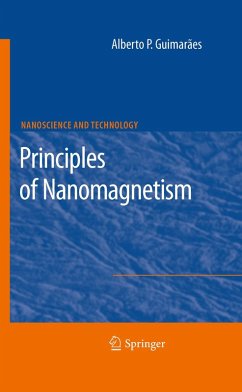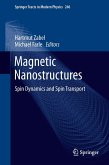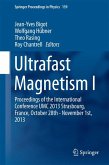The book deals with the novel field of Nanomagnetism, the study of magnetic samples that have at least one dimension in the nanoscopic range. Nanomagnetism has helped to shape the modern world through the contribution of this discipline to the rapid evolution of high- density magnetic recording. This process has made the hard-disk-equipped personal computer a part of our lives. The approach of this succinct book is to emphasize general principles and mechanisms that are relevant for the understanding of the intriguing properties of nanomagnetic objects, including thin films, nanoparticles, nanowires, nanodisks and nanorings.
Dieser Download kann aus rechtlichen Gründen nur mit Rechnungsadresse in A, B, BG, CY, CZ, D, DK, EW, E, FIN, F, GR, HR, H, IRL, I, LT, L, LR, M, NL, PL, P, R, S, SLO, SK ausgeliefert werden.
Hinweis: Dieser Artikel kann nur an eine deutsche Lieferadresse ausgeliefert werden.









